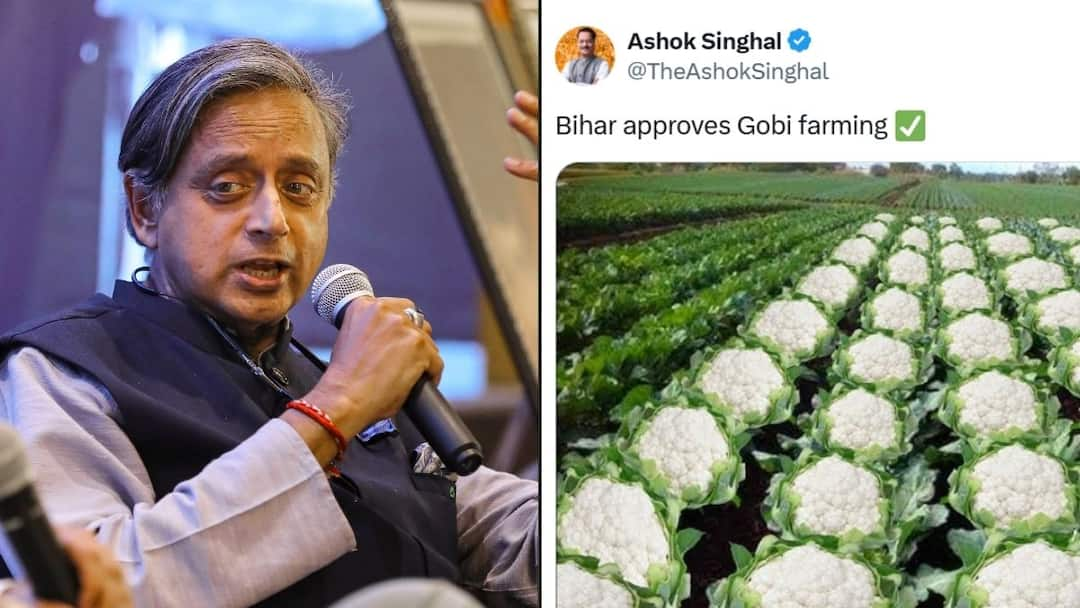A political storm erupted online after Assam minister Ashok Singhal shared a post referring to “Bihar approves gobi farming”, sparking widespread disbelief and criticism across social media. Many users viewed the post as a troubling reference to a dark chapter in Bihar’s history, prompting fierce backlash and calls for accountability.
Congress MP Shashi Tharoor entered the conversation when he was tagged by a user who urged him to persuade influential Hindu voices to denounce what they described as the celebration of “one of the worst pogroms against Bihari Muslims”.
Tharoor pushes back
Responding indirectly to the Assam minister’s post, Tharoor clarified that he is not a “community organiser” responsible for rallying joint statements. However, he made it clear where he and many others stand on the matter.
“As a passionate advocate of #InclusiveIndia and a proud Hindu,” Tharoor wrote on X, “I can speak for myself, and most Hindus I know, in saying that neither our faith nor our nationalism requires, justifies, or condones such massacres, let alone applauds them.”
I’m not a community organiser, so joint statements are not my job. But as a passionate advocate of #InclusiveIndia and a proud Hindu, I can speak for myself, and for most Hindus I know, in saying that neither our faith nor our nationalism requires, justifies or condones such… https://t.co/Wd1tprR3r6
— Shashi Tharoor (@ShashiTharoor) November 16, 2025
Why the post was seen as offensive
Several users pointed out that the photo associated with the “gobi farming” remark appeared to reference the Logain massacre, a brutal incident during the 1989 Bhagalpur riots in Bihar. More than 110 Muslims were killed in Logain village, reports noted, and cauliflower saplings were allegedly planted over the shallow graves of the victims, an act that continues to symbolise the horror and dehumanisation of that period.
The resurfacing of such an image raised painful memories for many, fuelling anger over what critics say is the glorification of past communal violence.
As the debate intensifies online, the post has amplified growing concerns about how political rhetoric can inflame existing wounds — and whether public figures should be held to higher standards when invoking history.


